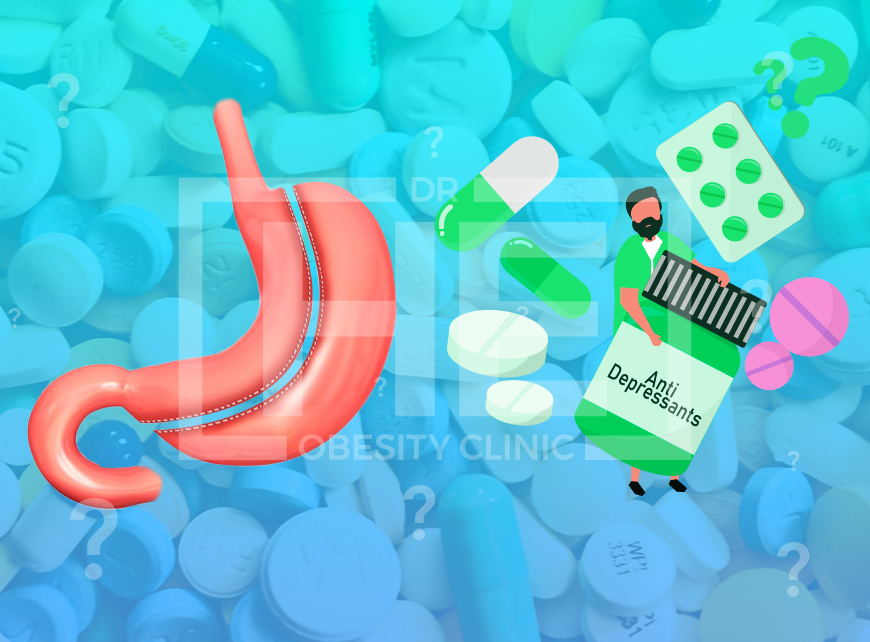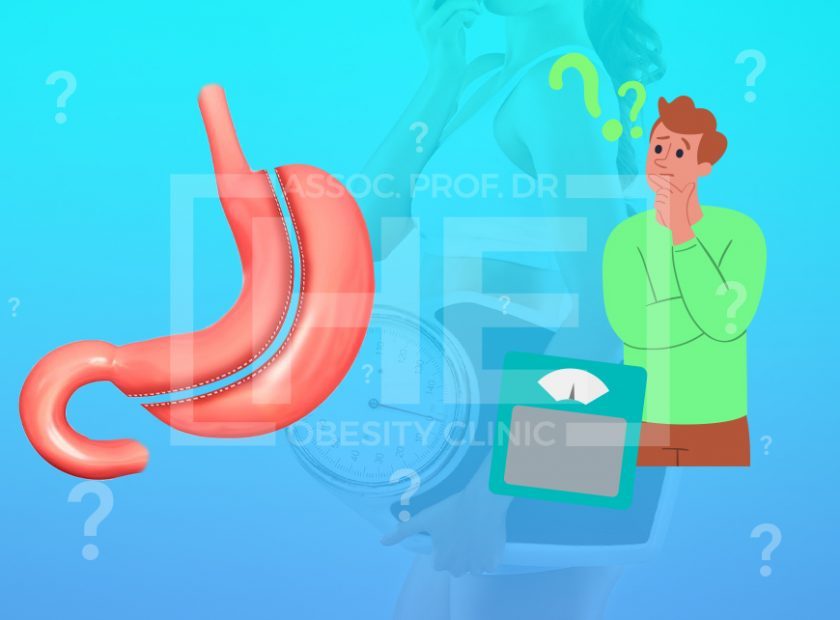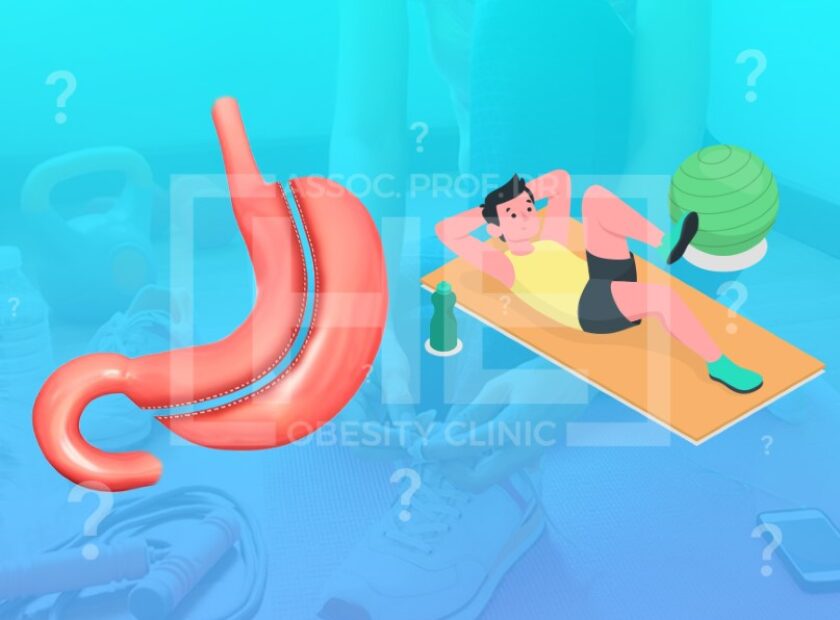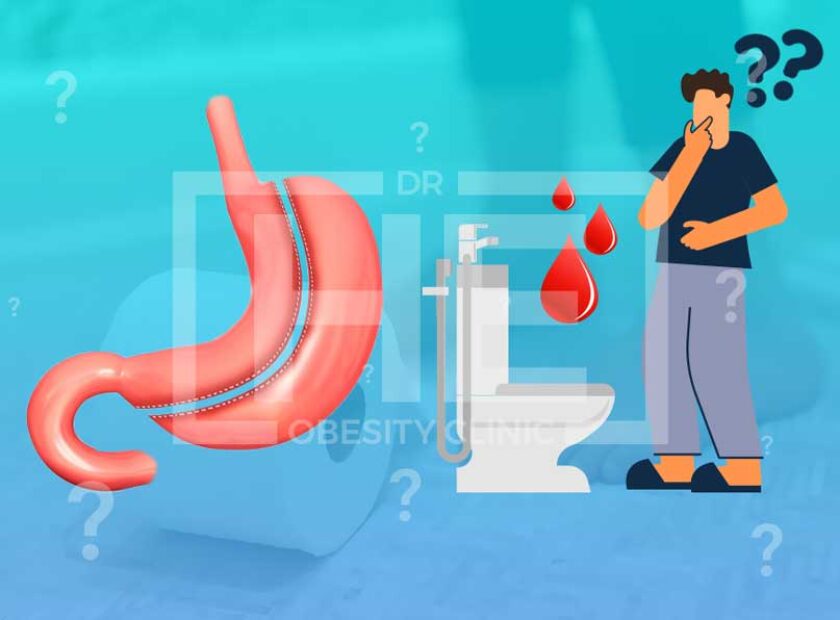
Can You Take Antidepressants After Gastric Sleeve? Factors that are important during surgery are included in psychiatric issues that are directly related to bariatric surgery. Although some of these factors are concerning, they must be weighed against the clear benefits of bariatric surgery for the vast majority of patients.
The advantages of bariatric surgery include significant and usually long-term weight loss, as well as the amelioration or improvement of a variety of obesity-related medical and mental comorbidities like diabetes and depression.
As is well described above in this collection of articles, the majority of patients encountered these benefits after bariatric surgery.
Psychiatric Difficulties
The development of clinical disordered eating habits resembling classical eating disorders also including bulimia nervosa and bulimia nervosa after bariatric surgery is a postoperative gastric bypass issue that requires further investigation.
Anorexia and atypical anorexia are the most common diagnoses. The frequency of such disorders has yet to be determined, but cases reported are uncommon.
The high rate of depression among obese and grotesquely obese bariatric surgery candidates is indeed a source of concern and motivation for the procedure.
After bariatric surgery, we frequently see depression levels enhance within six months to a year. Then, after one to three years, there is a deterioration in this improvement. Overall, depression rates are decreasing.
Medications After Gastric Sleeve
Tablet medications must be divided up or crushed for the first three months. Capsule, chewable, and liquid medications can be taken right after surgery, but tablet medications must be broken up or crushed for the first three months.
This keeps medications from becoming stuck in the intestines or not being absorbed completely. Because extended-release medications cannot be divided, our pharmacist will suggest alternatives before surgery.
Unless our pharmacist advises otherwise, resume taking your regular medications for other conditions after surgery.
After surgery, we recommend that you check in with your primary care physician and other experts on a regular basis, as rapid weight loss can necessarily require frequent medication adjustments, such as for high blood pressure and diabetes.
Sanity
Patients who are extremely obese are more likely to suffer from psychiatric disorders, the most common of which are mood disorders. Increased symptoms of depression and other psychiatric disorders may also be present in these patients.
In addition, women are more likely than men to suffer from depression. Psychiatric disorders in this population, as well as the drugs used to treat them, are an important factor for pharmacists, given the large proportion of women suffering from obesity and having undergone bariatric surgery.
Based on data on individual agent-related psychiatric drugs, examining the pharmacokinetics of various types of drugs in the bariatric surgery population has revealed some issues regarding the site of absorption, changes in bioavailability whenever the drug is given with food, as well as drug delivery issues.
Another factor to consider when treating mental illnesses in this population is the drugs’ proclivity for weight gain and/or increased appetite.
Because many antidepressants, antipsychotics, and other psychiatric drugs have this potential, pharmacists should closely examine drug treatment in bariatric surgery patients and make any necessary changes to optimize the patient’s treatment.
Medicine and Gastric Sleeve
When it comes to optimizing medicine use in patients who have had bariatric surgery, there are many factors to consider. By taking into account each patient’s unique needs and utilizing their drug knowledge, pharmacists can play a critical role in identifying ways to prevent and correct problems.
This is especially important given the lack of clinical data on potential medication issues in this patient population. Obesity has a variety of effects on women.
Although many of the issues and recommendations can be made applicable to both men and women, special attention is required in the areas discussed, as well as other areas affecting needs that really are unique to women or where women may be primarily influenced.
Why Do People Get Depressed After Gastric Sleeve Surgery?
Why do people get depressed after gastric surgery? The reason for this can be complex. Many people feel depressed after undergoing gastric sleeve surgery for weight loss.
The surgery may be life-altering, but it’s important to remember that this can last for years. The best way to cope with it is to learn how to organize your psychology and mood.
A major part of post-op depression is the realization that you’ve lost control over your food intake. People who underwent a gastric bypass surgery often experience depression because they’ve been deceived about their new dietary restrictions.
A low-calorie diet is associated with depression, and this is especially true after the surgery. Studies of volunteers on a semi-starvation diet showed significant depression after the procedure.
Another problem with gastric sleeve patients is that they’re often too depressed to function normally. The procedure requires a significant change in lifestyle, eating habits, and alcohol consumption.
People need to understand that this is not a “magic pill” to remove all the excess weight. They need to commit to the process and learn how to manage their emotions. If they don’t, they may experience depressive symptoms.
Despite the success of the procedure, bariatric surgery still comes with complications. For some, it may be difficult to adjust to their new body and coping with social feedback. For these reasons, it’s essential to find help and support groups.
The weight-loss industry offers many options to help patients manage their weight-related issues. You may be wondering, “Why do people get depressed after gastric sleeve?





